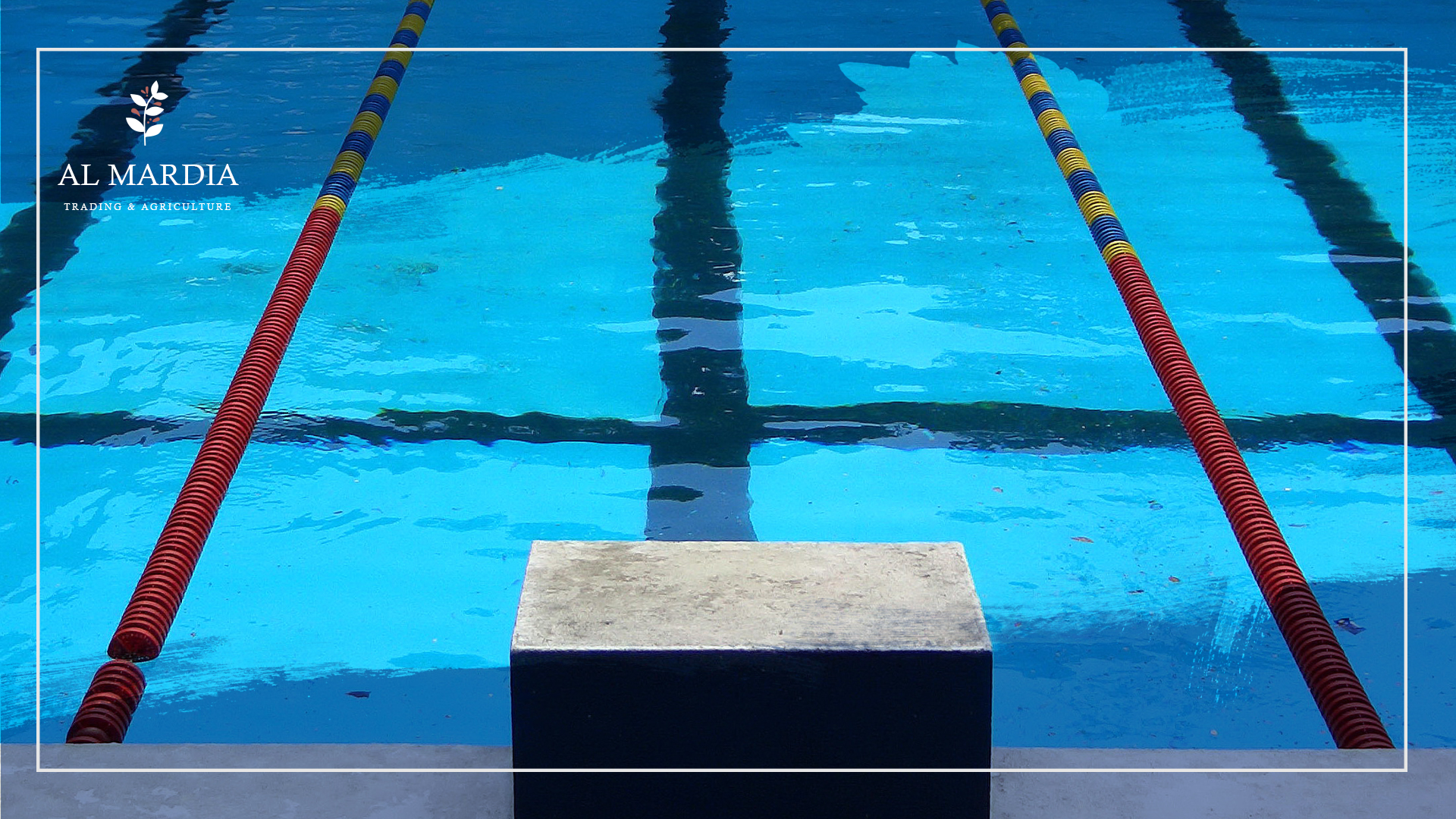
No More Stinky Smells In Your Swimming Pool
Swimming pools are a great way to relax and cool off during the hot summer months, however, it can be difficult to maintain them properly. One common issue that swimmers face is the presence of a foul smell coming from their pool. This can be caused by a variety of factors, such as an imbalance in pH levels or the presence of algae and bacteria. In this article, we will dive into the causes of the stinky smells in swimming pool. In addition, several procedures and products are suggested to solve this problem.
With some research and testing of your pool water, you can diagnose the source of this unpleasant odor and take steps to remediate it. Signs of a bad odor in a pool can vary depending on the specific cause. For example, if your pool is giving off an acidic smell, this may be caused by the presence of chlorine which has been released into the air. Another common cause for a foul odor in a pool is organic matter such as leaves and algae.
Problem essence:
Indoor pools are unfortunately facing a growing problem of chloramine-induced air quality issues. This is often mistakenly attributed to chlorine, resulting in the unpleasant ‘pool smell’ about which people may complain. Poor air quality can be caused by the overuse of chlorine, which leads to the formation of chloramines, a combination of chlorine and ammonia. Chloramines are responsible for the stinky smells, eye irritation, and respiratory distress that can occur in indoor pools. In addition to the unpleasant odor, chloramines can cause a number of other issues for swimmers such as red eyes, itchy skin, coughing, and an increased risk of juvenile asthma. All of these issues are related to chloramines.
How does the smell consist?
When combined chlorine (chlorine bound to organic or inorganic compounds) is used in pools, it releases chloramines as a gas. These chloramines are heavier than air and drift close to the pool surface, which can have an adverse effect on people nearby. Being situated in low-lying areas, many indoor pools are exposed to the natatorium environment without any temperature control or air flow adjustments. This along with their enclosed nature make them especially sensitive to chloramine-related problems.
Why does my pool smell?
It is essential to sanitize your swimming pool. This may be a result of having an inadequate amount of chlorine in the water.
-
Ammonia levels:
Excessive levels of ammonia can be caused by numerous factors. These include sweat, urine, and other bodily wastes entering the pool; fertilizers used on the lawn; and foreign wildlife such as birds or squirrels that may access your water.
-
Nitrogen levels:
High levels of nitrogen in pools can be a serious threat to the health and safety of swimmers. The causes of these high levels can be linked to perspiration, waste, and other contaminants that enter the water. It is important to identify the sources of this excessive nitrogen. After that, we can take steps to reduce it in order to maintain safe swimming conditions with no stinky smells.
-
Opening the pool:
Incorrect timing in opening or closing one’s swimming pool can lead to a fishy smell that requires thorough cleansing. This may take up to a week of work, implying that the pool was opened too late or closed too early the prior season. Furthermore, If the filtration system is not activated at the correct time, there is a possibility of bacterial and algal growth. This could lead to an unpleasant odor and might result in a green-colored pool during the initial stages of the season.
It is uncommon to find dead animals in swimming pools, however, it can happen. To minimize the chances of this happening, make sure there are no animal intruders near your pool.
Powerful Solutions:
-
Replace water:
An effective way of ridding water of combined chlorine is to periodically replace it with fresh and clean supplies. However, in the process of changing water, you are also pouring down already heated, treated, and balanced pool water. This can be a costly endeavor. and should be closely controlled.
-
Air quality control:
To eliminate chloramines from the air, efficient HVAC systems must be installed. Modern systems work on the principle of source capture, which enables them to draw air with a higher chloramine concentration from the surface of the pool and its surrounding area. While this process can be effective, it is associated with a hefty financial cost. Convective heat loss (where your pool loses heat due to the movement of air across its surface) will require the heater to work all night, leading to higher gas and utility bills.
-
Pool shocking:
Proper pool maintenance is essential for a clean and healthy swimming environment. Shock treatments are one of the key components of regular pool maintenance, involving the addition of chlorine or other chemical agents to kill contaminants and prevent algae growth. Regular shocks can help ensure that your pool water is free from impurities and safe for swimming. See MYKROBAK – N
In conclusion, Swimming pools are a great source of fun and relaxation, but they can also be a source of unpleasant smells. A pool that is not properly maintained can cause irritation to swimmers’ eyes and may even be unpleasant to be around. Fortunately, there are products specially produced to minimize pool smell and keep swimmers safe and comfortable. With the right tools and maintenance practices, swimming pool owners can enjoy a clean, pleasant-smelling environment for their guests.
Related topic
How to Keep Your Fish Tank Without Algae?
Common Questions:
-
How do I get rid of the smell in my pool?
One of the most effective ways to reduce stinky smells is by shocking your pool with extra chlorine once a week. This method will destroy ammonia as well as contaminants in the pool. After that, it would result in a higher free available chlorine (FAC) level. Consequently, it helps to eliminate odors and maintain a healthy swimming environment.
-
Does chlorine get rid of the odor?
Chlorine has long been used as a disinfectant to control odors. At the same time, it is important to understand the potential risks associated with its use. Chlorine can be toxic when inhaled, and it can also cause skin and eye irritation. It also reacts with organic matter in water to form chlorinated compounds that can be hazardous to human health.
-
How do I get rid of the algae smell in my pool?
The most common ways to prevent algal growth are by using chemical treatments. One popular method is to mix detergent into the pool water at a specific ratio which depends on the product’s power and problem severity.





